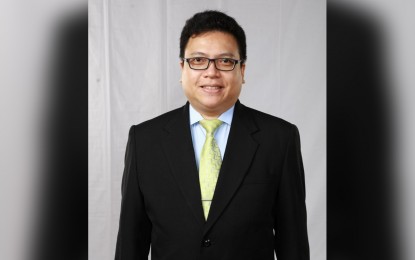
Rizal Commercial Banking Corp. chief economist Michael Ricafort remains optimistic about the recovery of foreign direct investments (FDIs) in the Philippines, partly due to the accommodative policy stance of the Bangko Sentral ng Pilipinas (BSP) and other fiscal reform measures.
The BSP reported on Thursday a 19.2% year-on-year decline of FDIs in August to a net inflow of US$797 million from US$987 million in the same month in 2021. As of end-August this year, FDIs registered net inflows of US$5.9 billion, 13% lower compared to the US$6.8 billion recorded in the same period last year.
Michael Ricafort, however, said the latest FDI net inflows are already above the 14-month low of US$460 million in July on the continued reopening of the domestic economy. He said the FDI growth is dampened by the elevated inflation rate, weaker peso, increase in interest rate both here and in the United States, and the economic impact of the Russia-Ukraine conflict.
These factors are expected to be countered by the investment commitments estimated at US$18 billion after the visits of President Ferdinand R. Marcos Jr. and his team to Indonesia, Singapore, and the US.
Ricafort said a continued hike in the BSP’s key policy rates aimed at addressing the elevated inflation rate is expected to boost investors’ sentiment.
He said the FDIs could remain a “bright spot” for the domestic economy on renewed economic activities, given the resumption of face-to-face classes, as well as local and foreign tourism.
“For the coming months, foreign direct investments could still continue to go up amid better global economic prospects as some developed countries that are major sources of FDIs move towards population protection/herd immunity, increased borrowings and fundraising activities to finance FDIs as long-term interest rates and bond yields already started to go up in recent months amid some normalization of monetary policies.